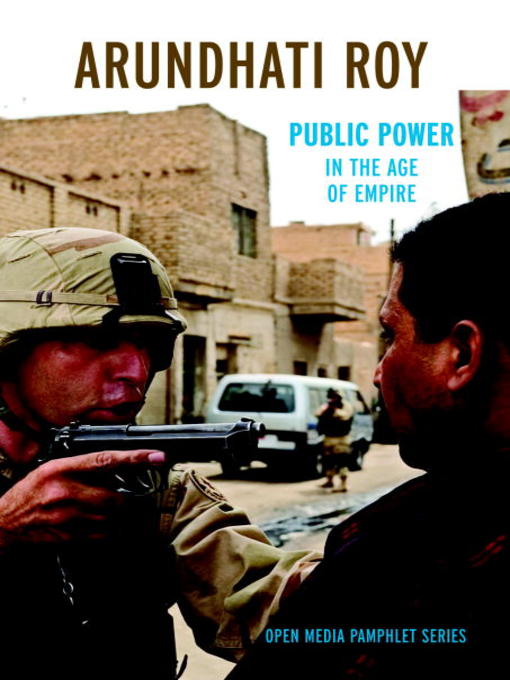- Arts & Crafts
- Fitness and Health
- Outdoor Recreation
- Biography & Memoir
- Business
- History
- All Nonfiction
- See all
-
Description
-
Details

Kindle Book
- Release date: January 4, 2011
OverDrive Read
- ISBN: 9781609802943
- Release date: January 4, 2011
EPUB ebook
- ISBN: 9781609802943
- File size: 1958 KB
- Release date: January 4, 2011
Formats
Kindle Book
OverDrive Read
EPUB ebook
subjects
Languages
English
